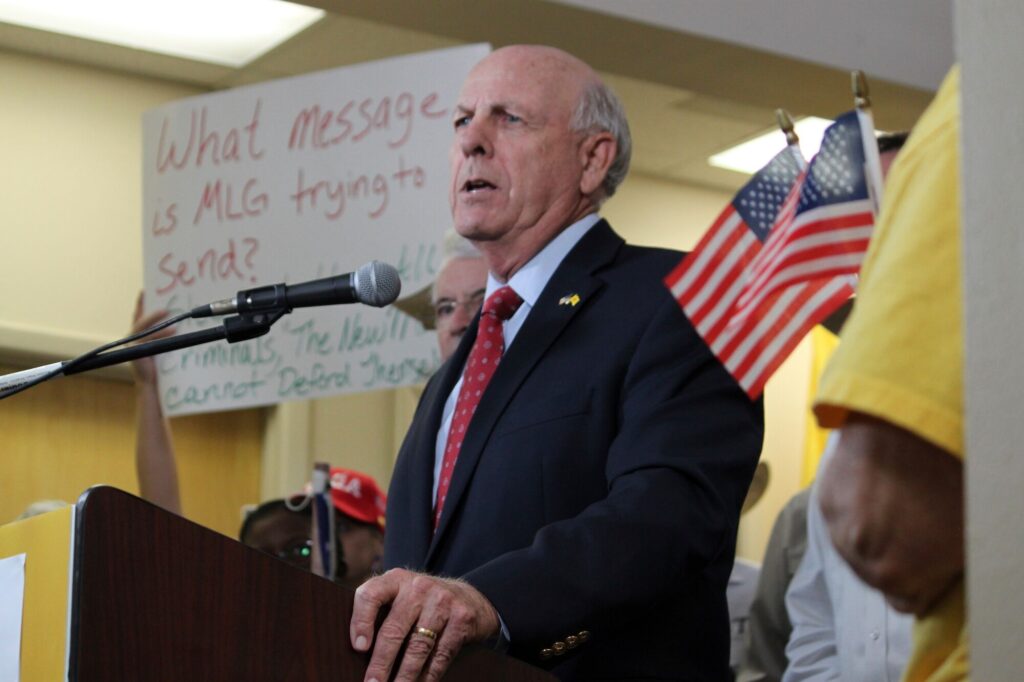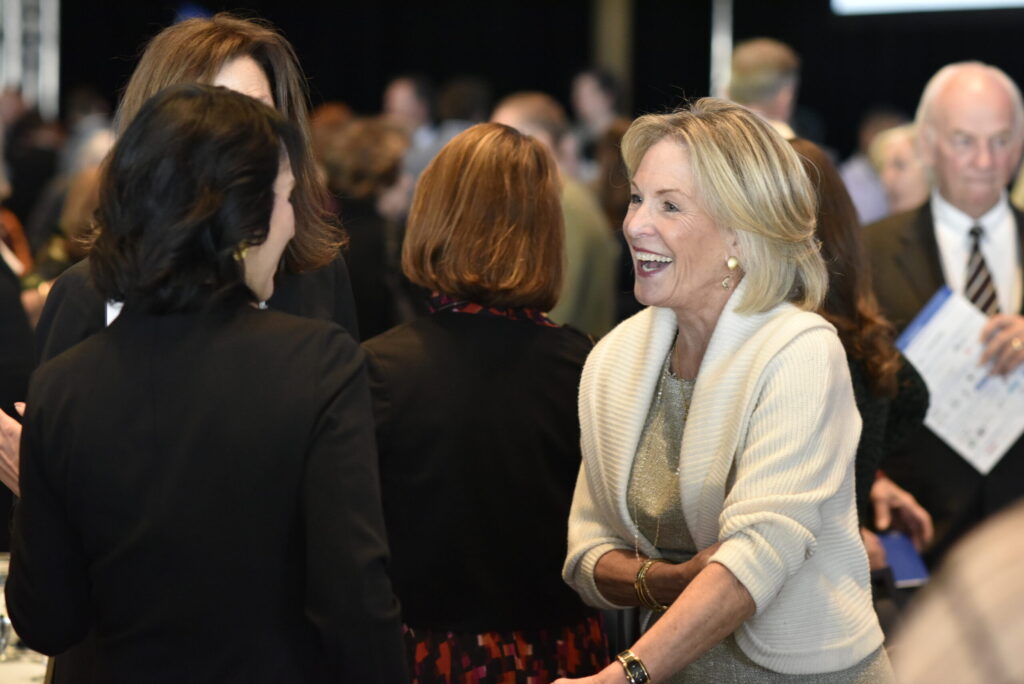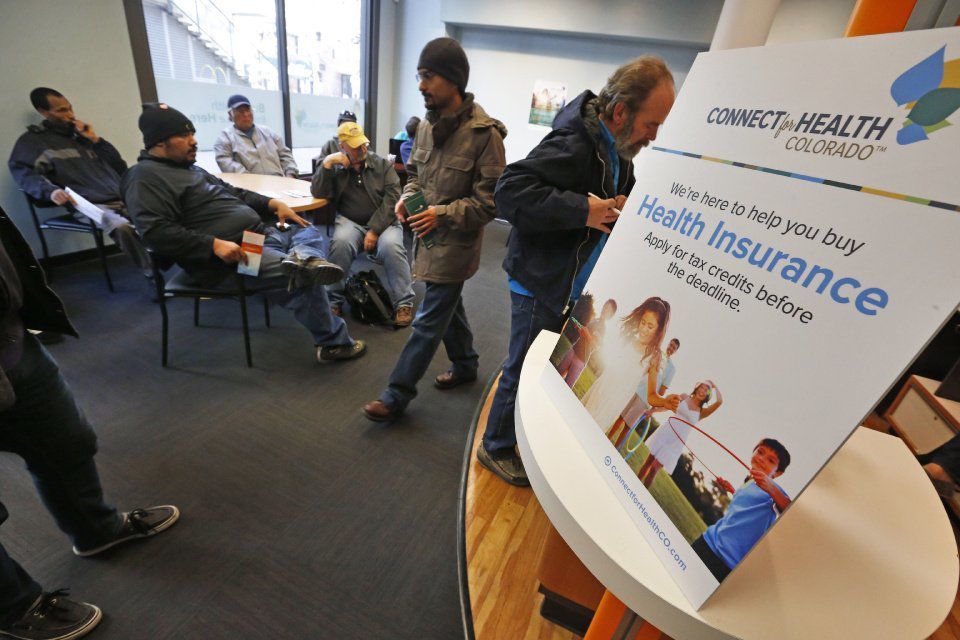Colorado transportation funding bill delayed another day

DENVER – A vote on a bill to put at least $300 million into transportation each year was delayed for another day in the Colorado Senate Tuesday. A vote could occur on Wednesday.
A revenue forecast that indicated the state is flush with money from its booming economy and more proposed amendments from Democrats prompted the third delay in a week.
“We really want to give everyone an opportunity to review those amendments and again encourage the dialogue that’s going on,” said Senate Majority Leader Chris Holbert of Parker. “What a great problem to have of more money than expected with Senate Bill 1.”
Democrats are expected to ask for more time, possibly delaying a decision until next session to see how any ballot issues play out in November, while Republicans might be willing to ask for less money from the budget with a smaller share of the state’s sales tax revenue, sources tell Colorado Politics.
Republicans have a one-seat majority in the chamber, so they have killed a series of amendments from Democrats so far. Democrats have engaged in a filibuster-length discussion – partly because they don’t like Senate Bill 1 and partly to make a statement about the bill’s sponsor, Sen. Randy Baumgardner, R-Hot Sulphur Springs, who is accused of sexual harassment.
Democrats want a hearing to expel Baumgardner over allegedly slapping a Democratic aide on the buttocks. He has denied the allegation.
Sen. Irene Aguilar, D-Denver, sought to soothe the situation on the Senate floor Tuesday.
“I apologize to … Republican caucus members if you feel we’re personally persecuting you, because that was not our intent,” she said.
Aguilar said sexual harassment is not a partisan issue, and Democrats are in the minority, so they’re trying to raise the issue that Republicans see as a partisan ploy.
“At the end of the day, perhaps we would discuss this and disagree, and some of us would feel like this behavior warrants expulsion and others wouldn’t, but then it’s all behind us,” she said. “Right now, what it feels like as a woman is that my voice and my concerns continue to be ignored.”
Senate Bill 1 would use money from the state budget to repay $3.5 billion in bonds. Democrats are concerned that the bill would tie up money the state would need to sustain services – such as schools and social programs – during slow economic times.
The governor has proposed $500 million this year’s budget, up from a request of $148.2 million he proposed in November. Republicans don’t want a windfall, but rather a sustained revenue source that represents a long-term commitment to roads and bridges.
“I have concerns that it will mortgage our future away,” House Speaker Crisanta Duran of Denver told reporters in a gathering in her office Tuesday morning. “I think we’re willing to talk about bonding, but it has to be at a reasonable amount at a reasonable rate.”
She said the legislature has an opportunity to come up with a solution and not depend on ballot questions being promoted for November. Among them, a statewide coalition led by the Denver Metro Chamber of Commerce could ask voters to approve a new sales tax as high as 1 percent to fund transportation.
Senate Bill 1 is the only piece of legislation on the subject that’s been introduced so far this session. When the bill makes it to the House, however, Democrats could amend it to their liking and bring senators into a conference committee to work out a compromise. Both chambers would have to approve that deal before the session ends on May 9.
“I don’t think that we’re leading if we’re depending on outside groups to raise millions of dollars to get proposals onto the ballot when we have the power to do that here,” Duran said.
She added, “I think we need to come back to the negotiation table and put all options on the table, and see how far we can get.”
Duran turned the focus to the federal level, where most of Colorado’s transportation funding comes from.
“At the federal level, it’s been unfortunate the lack of leadership we’re seeing coming from leaders in Washington, D.C.,” Duran said. “At the end of the day, it’s going to be up to the states and the local communities to be able to problem-solve and generate the necessary revenue to be able to go toward transportation.
“It was very unfortunate to see the plan, or lack thereof, that Republicans and Donald Trump have come forward with. That said, it’s our responsibility to figure out short-term and long-term solutions to the transportation issues that we face.”














